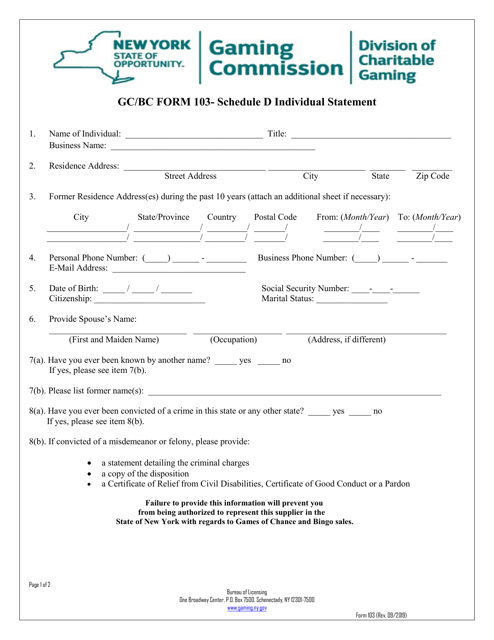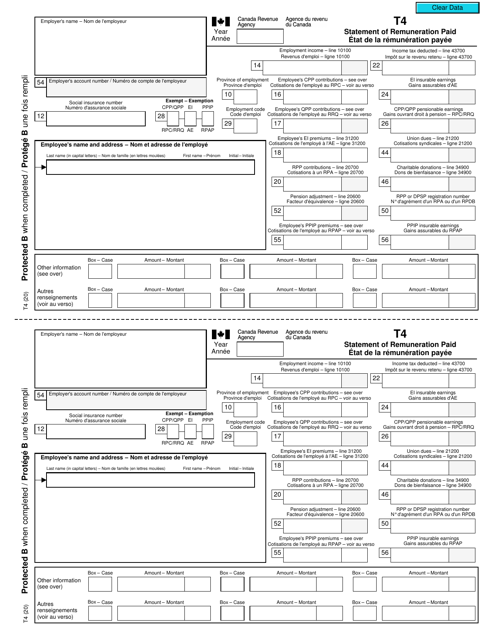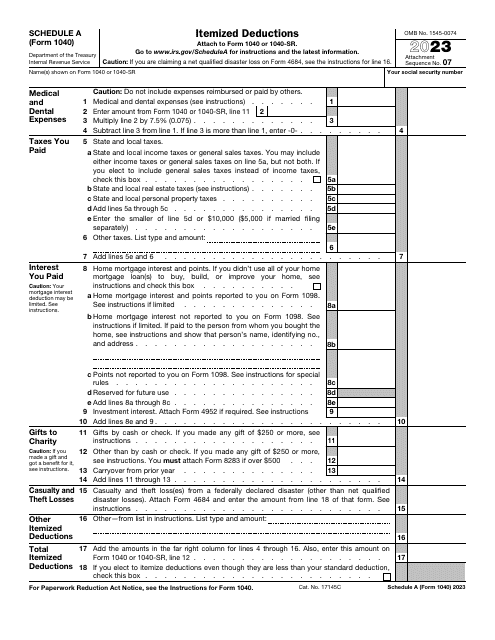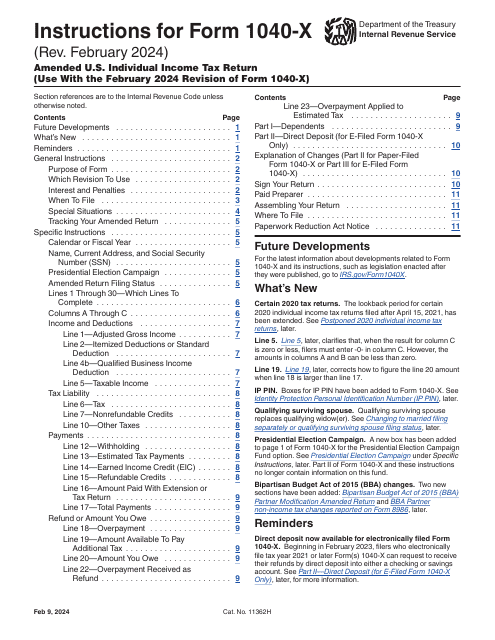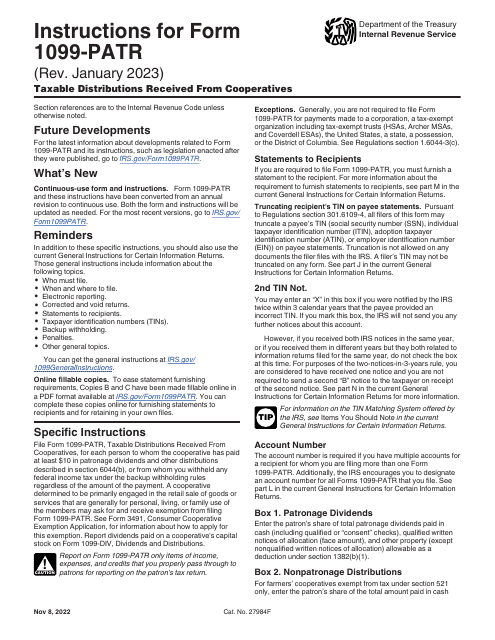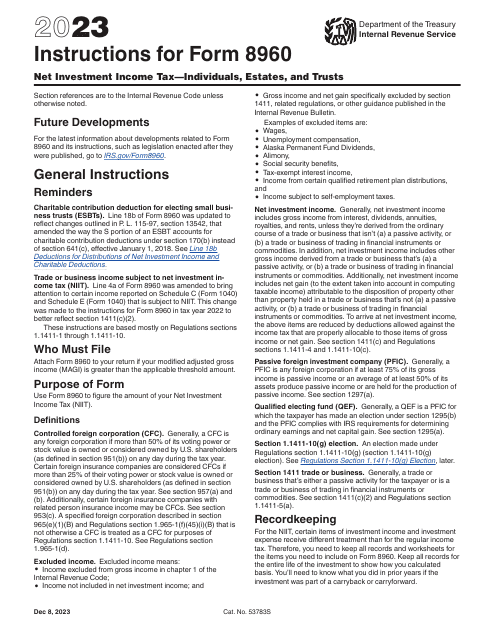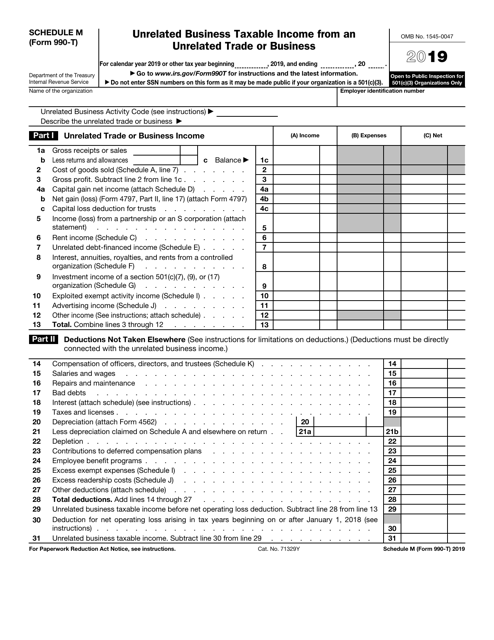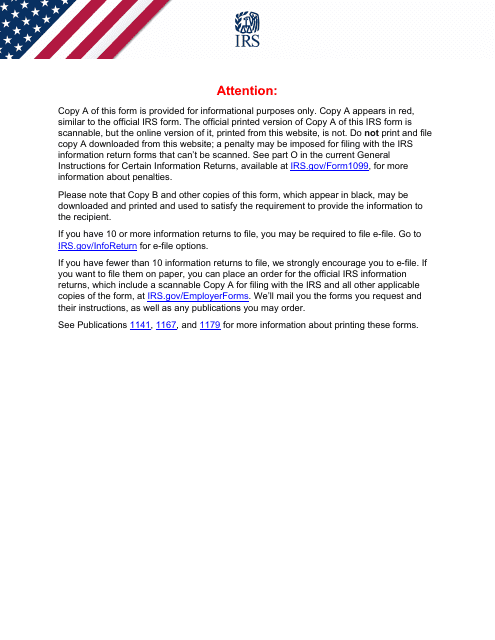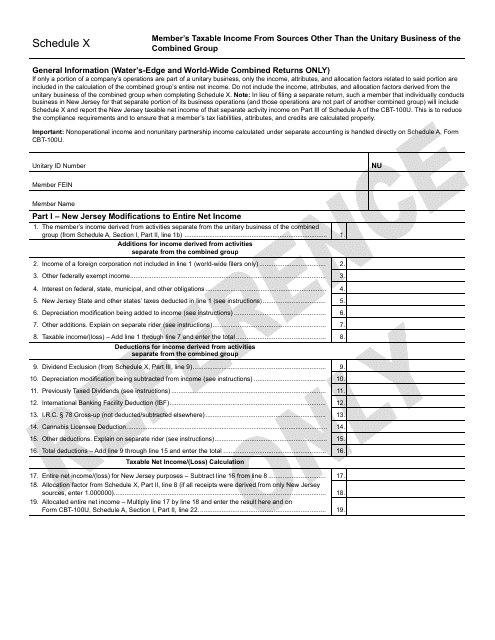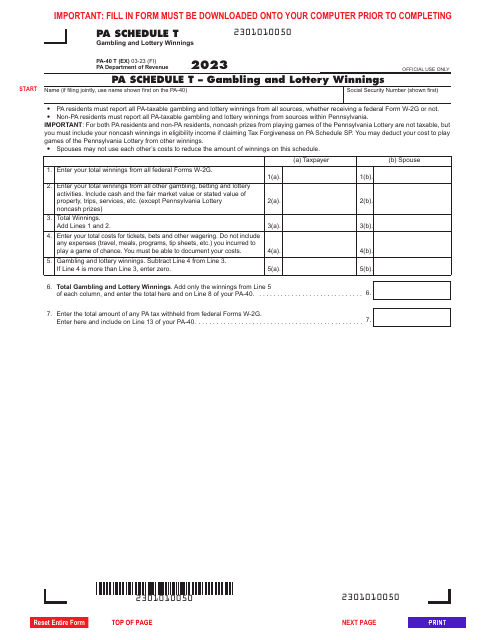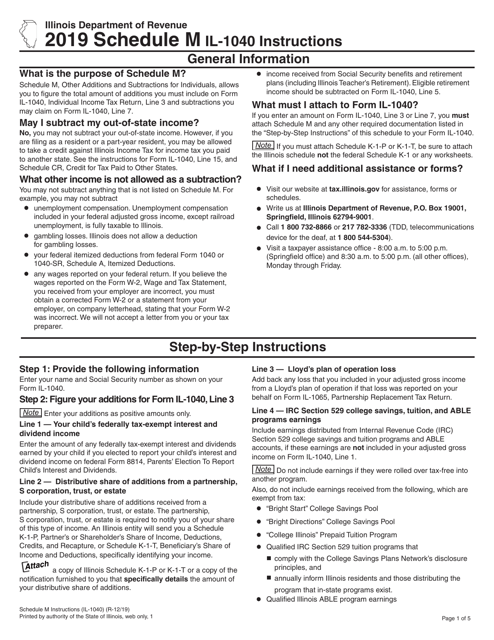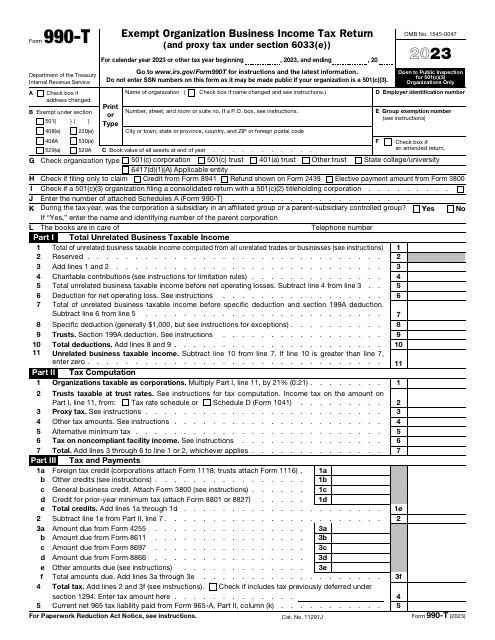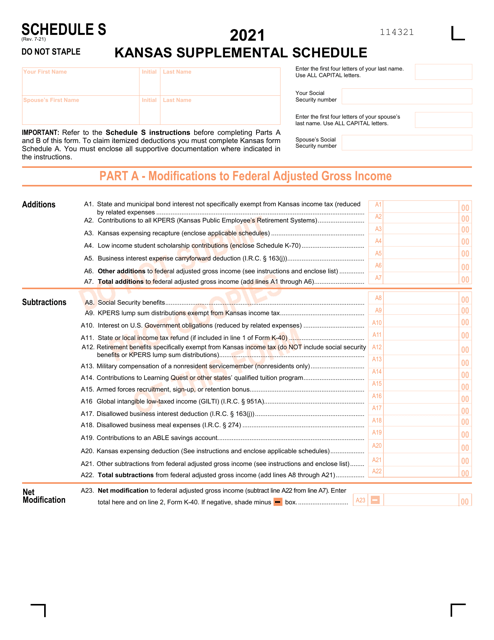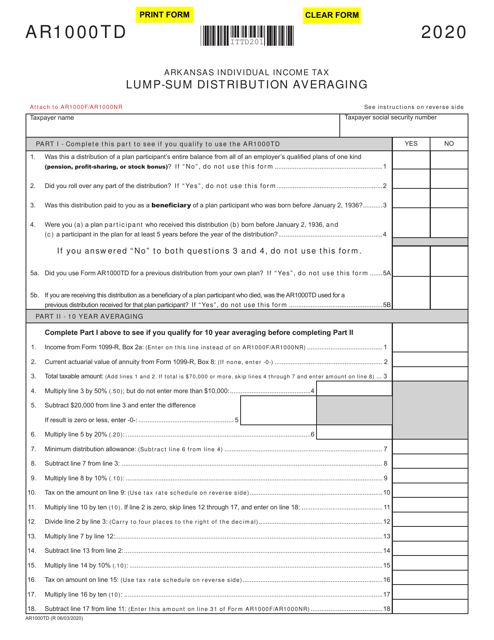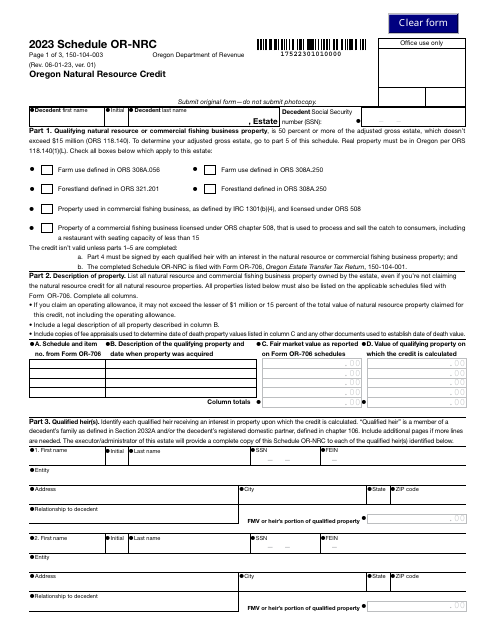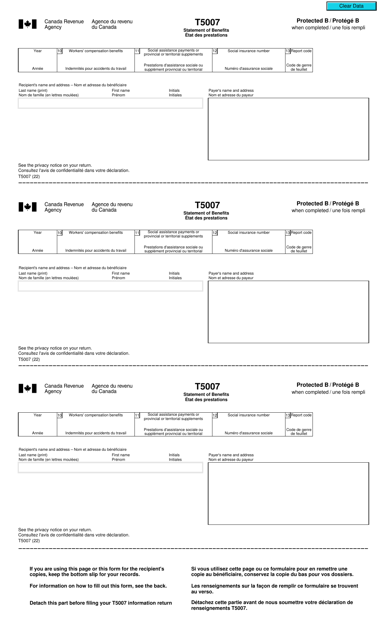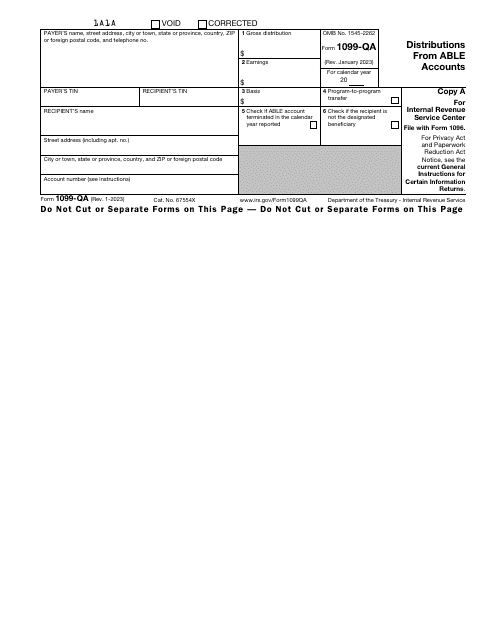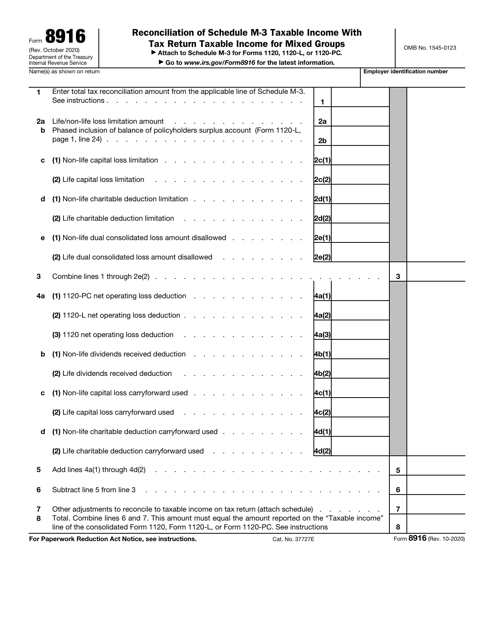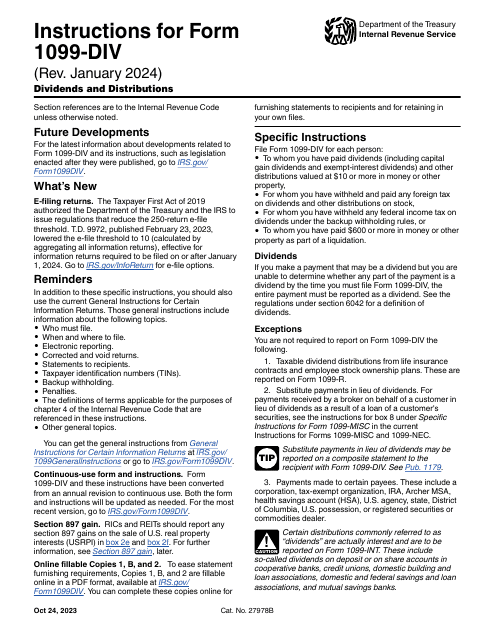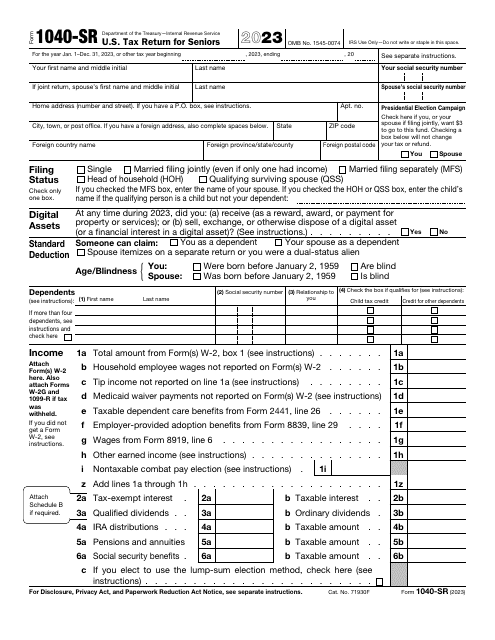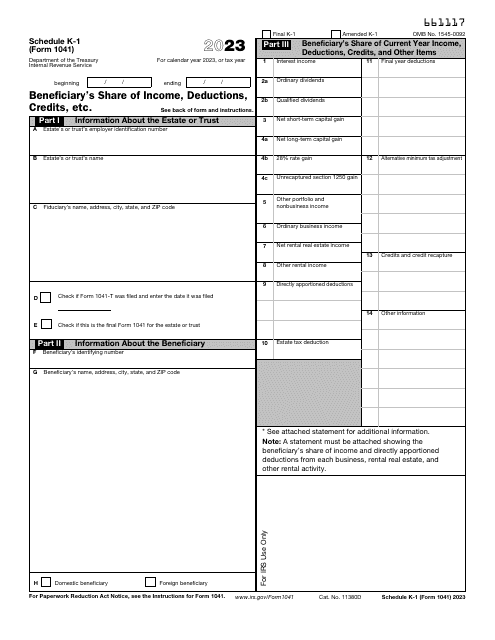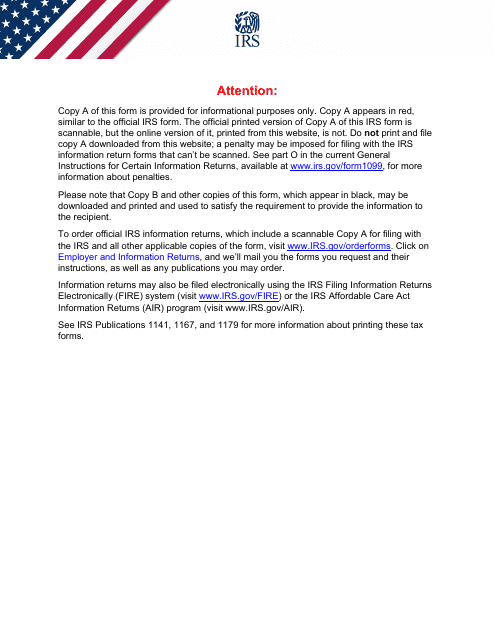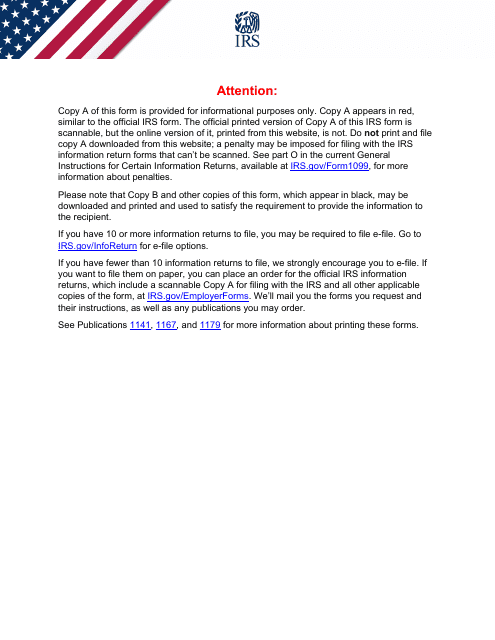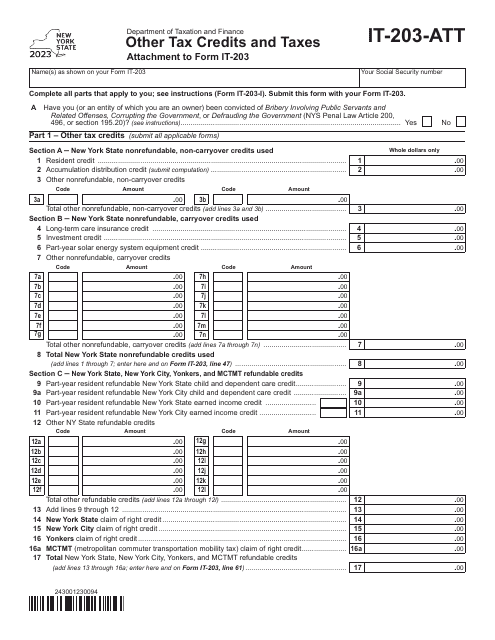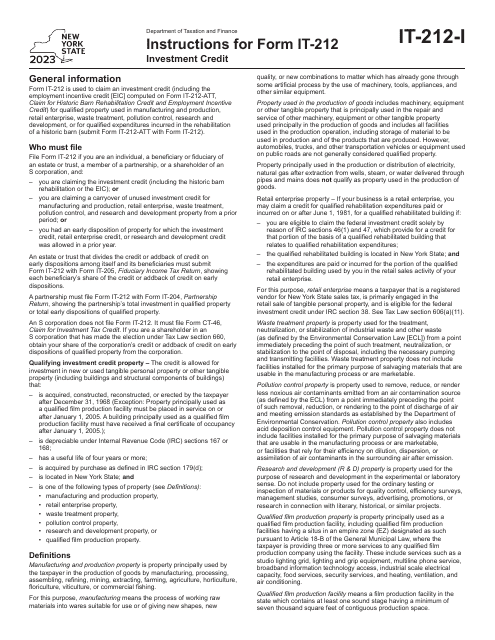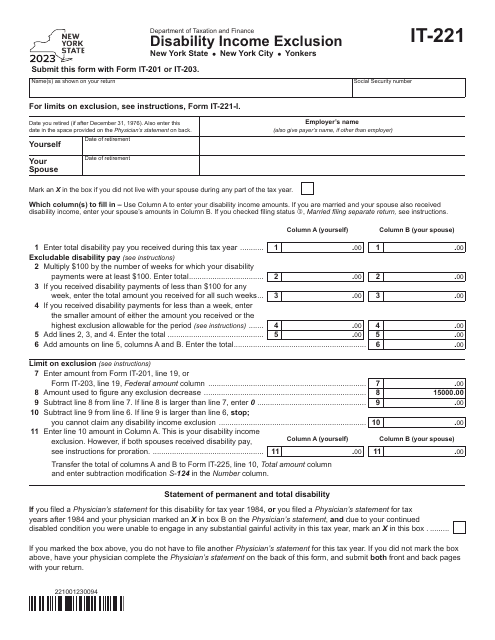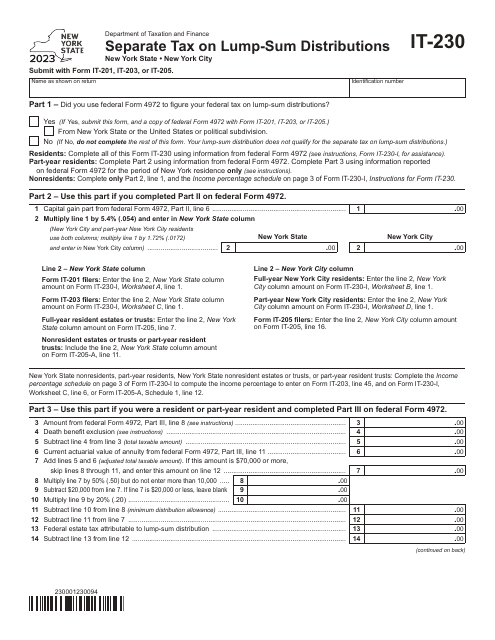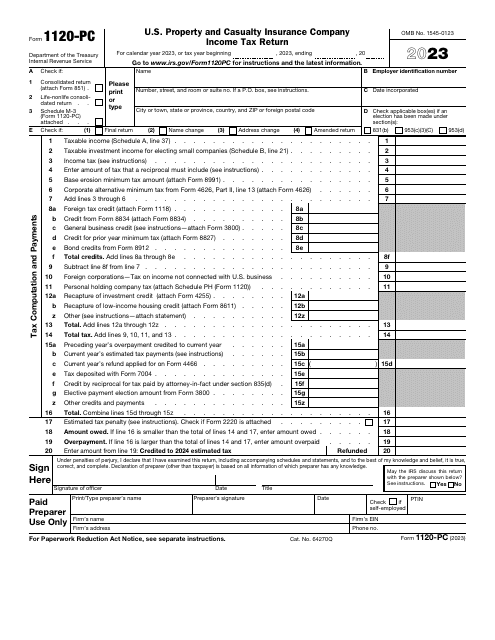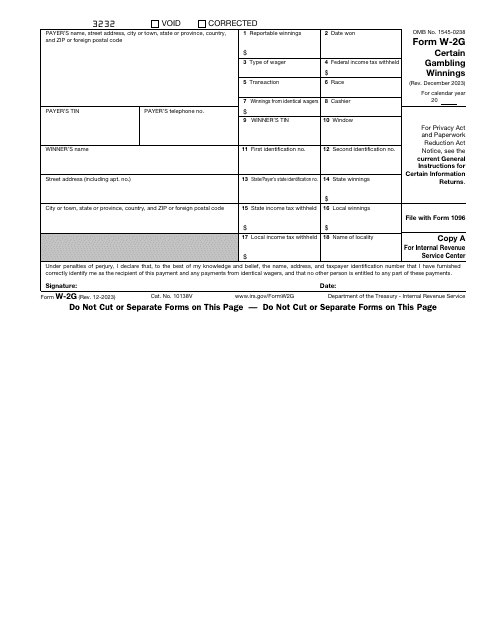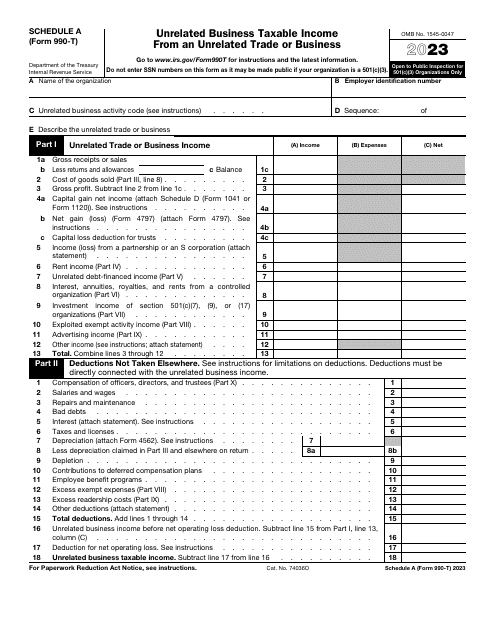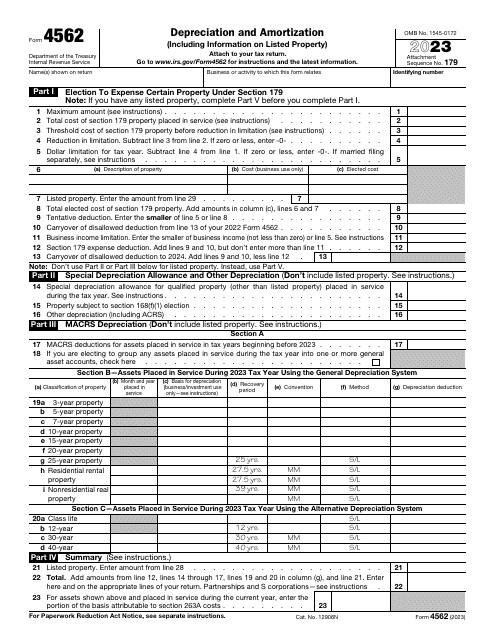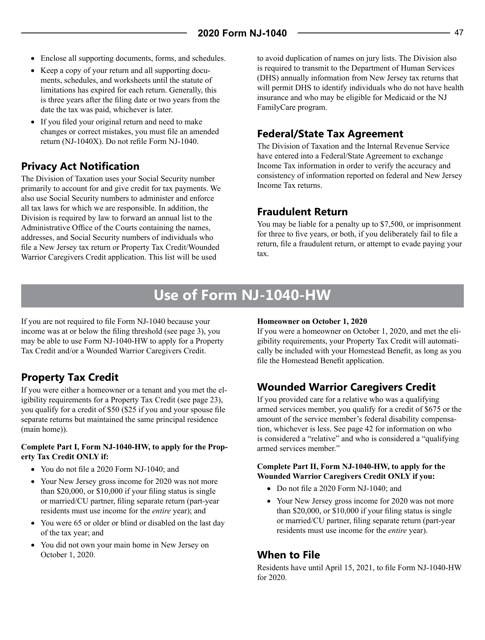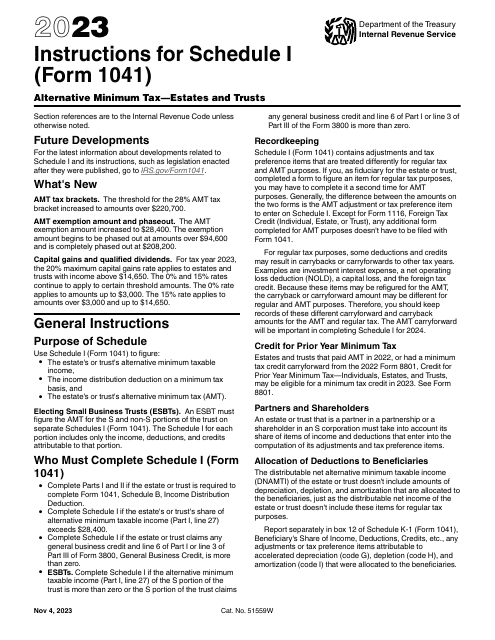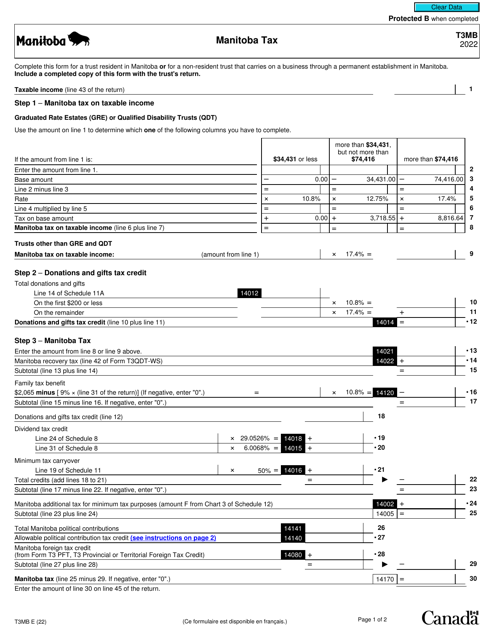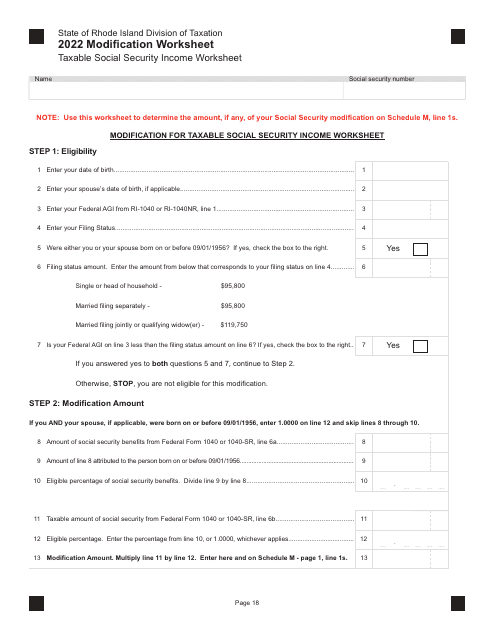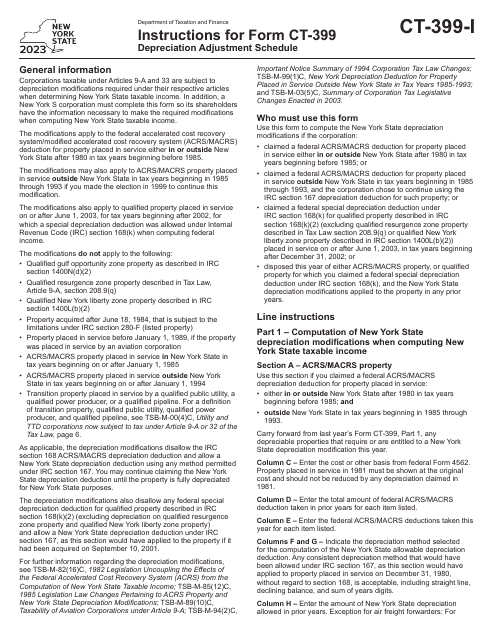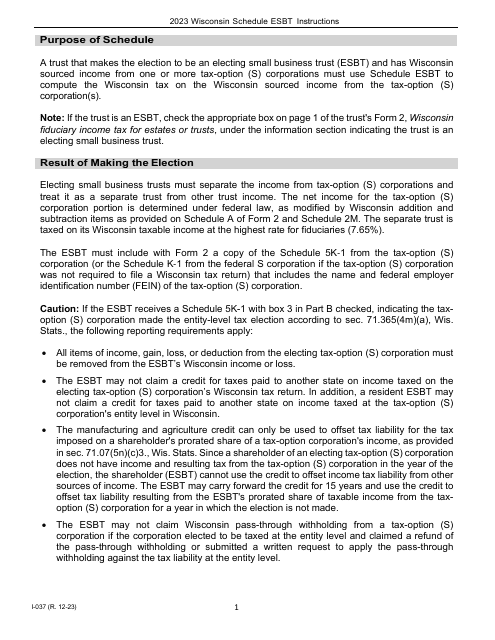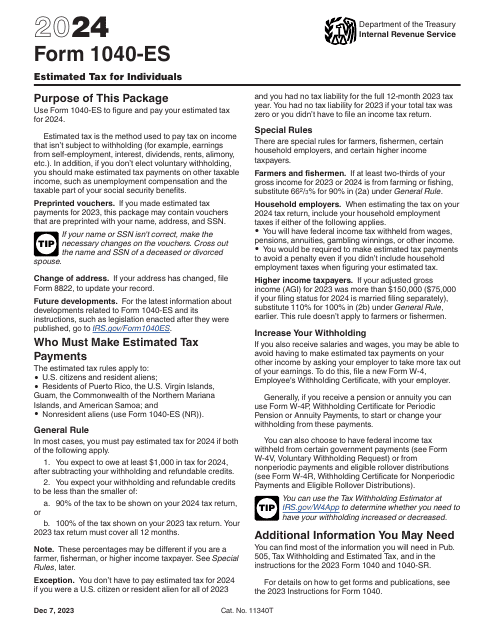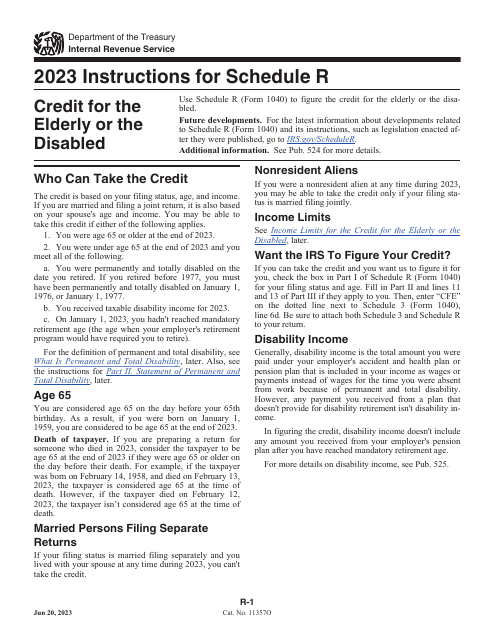Taxable Income Templates
Documents:
186
This Form is used for filing an individual statement for individuals residing in New York for Schedule D purposes.
Employers of Canada must provide this form to all of their employees that receive salaries, wages, bonuses, and other employment payments.
This form is also known as the IRS itemized deductions form. It belongs to the IRS 1040 series. This document is used in order to calculate the amount of your itemized deductions.
This is a formal statement filled out by the organization that manages certain retirement accounts to inform the recipient of the distribution about the income they generated and report the details to tax organizations.
This Form is used for reporting other additions and subtractions on your Illinois Individual Income Tax Return (Form IL-1040). It helps calculate your total income or deductions for tax purposes in Illinois.
The purpose of this IRS application is to make the process of filing a federal income tax return easier for seniors - the document features larger print, but contains the standard deduction charts.
This is a fiscal IRS form filled out by the cooperative that paid patronage dividends during the tax year.
This is a fiscal document completed by financial entities to specify the amount of supplementary income investors have generated during the year.
This form is filed by non-life insurance companies wishing to inform the Internal Revenue Service (IRS) of their income, deductions, and credits, as well as to figure their income tax liability.
This is a formal report filed by gambling facilities to outline the winnings of their clients and certify they deducted taxes from the sum of money won.
This is a formal document prepared by business owners whose intention is to ask for tax deductions due to depreciation of assets they used to carry out business operations and amortization of this property.
This Form is used for filing New Jersey Resident Income Tax Return for residents of New Jersey. It provides instructions for completing the form and includes information on tax filing requirements and deductions specific to New Jersey.
This is a fiscal form that lets individual taxpayers pay taxes based on their own calculations before the government provides them with the request to pay.

